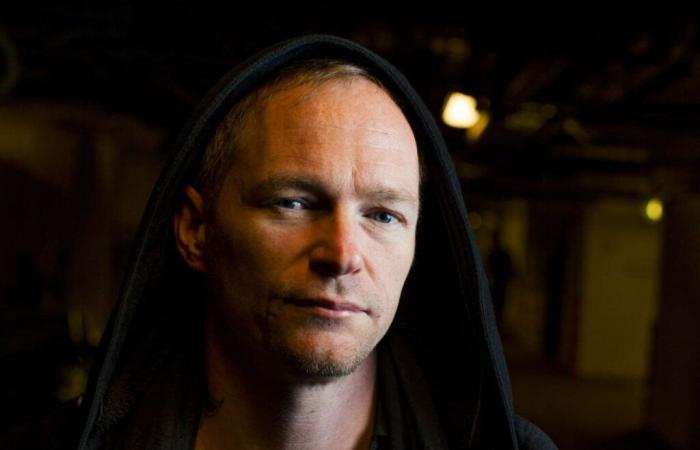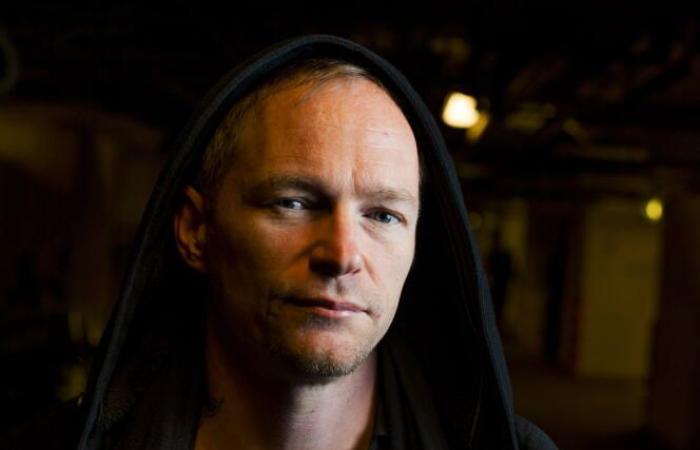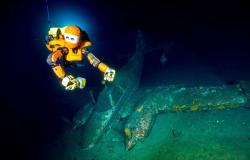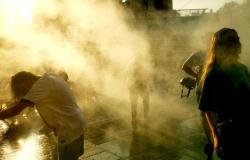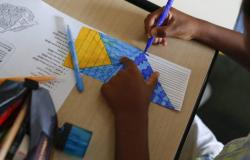“A mountain, a rifle, a lake” (Fjellet, geværet, vannet), by Lars Ramslie, translated from Norwegian by Hélène Hervieu, Paulsen, 224 p., €19, digital €12.
In 1997, the first novel by Norwegian writer Lars Ramslie, an autobiographical story entitled Biopsy (untranslated), described the relationship between a drug-addicted father, at the end of his life, and his son, then a young adult. A mountain, a rifle, a lake returns to the origins of this family story, to deliver the portrait of the father figure through the eyes of the boy.
During the summer holidays in 1983, when Lars was 9 years old, his father decided to take him to the mountains, his childhood playground. The climb quickly took on the appearance of a rite of passage: the child was kept in the dark about their destination and struggled to keep up with the crazy pace imposed on him by the adult, determined to push his son to surpass himself physically, to the point of putting him in danger.
Focused on this “special day”the story does however include many flashbacks in time that shed light on the mixture of fear and admiration that the son feels for his father. Lars’ father is in fact the youngest of a family that ended up disinheriting him because of his temperament “unpredictable”, and that alcohol has made him even more uncontrollable. The narrator compares him to the biblical figure of Samson, because of his long hair and his uncommon strength (he is a boxer), but also in reference to his devastating outbursts of anger. With his son, however, he is gentle, more often than not. Hence the title of the second chapter, “And the bees made honey in the lion’s skull”, which echoes an episode in Samson’s life and illustrates the opposing poles of the paternal character.
Missed transmissions
If this character is so ambivalent, it is also because he reaches us through the loving gaze of the young boy. Children see everything, often understand more than we think, and Lars is no exception: witness to his father’s odious behavior (the third chapter begins with a chilling scene of domestic violence), he almost always forgives him, in desperate bursts of tenderness. We understand the constant use of the second person in the book, as if it were a question of addressing this man directly, trying to reach through language the profound truth of the one that Lars and his mother sometimes call “the one we never managed to know”.
You have 30.21% of this article left to read. The rest is reserved for subscribers.

